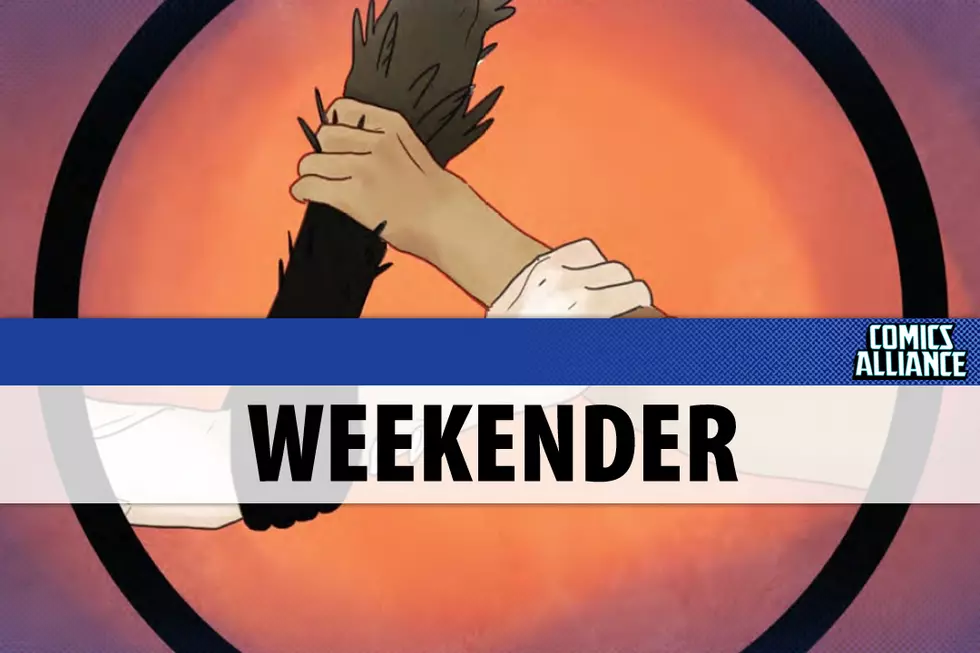
Is Selling Out a Good Thing? Not Really, Says Image Comics Publisher

Marvel Comics announced late yesterday that Avengers Vs. X-Men #0 had already sold out on the distributor level less than a day after release, adding that a second printing will be headed to stores in early May. But... is that actually good news? According to Image Comics publisher Eric Stephenson, not necessarily.Stephenson addressed the subject on his personal blog independently of Marvel's announcement of AvX #0's success (The second printing will be available May 2), commenting on the recent sell-outs of Image titles like Fatale, Saga and The Manhattan Projects by saying that while "it is nice to have that kind of publicity [...] it's nicer to actually have books in stores."
While distributor-level sell outs make for good publicity, Stephenson explained, it also means that that publicity happens when customers may not be able to find the thing being publicized: "If it's not there, on that rack, it's a missed opportunity. Even if more copies are on the way, or a new printing is planned, there's no guarantee the opportunity to make that sale is going to come around again... In short, it does more harm than good."
So what's the answer? Publishers like Marvel and DC often substantially overprint comics compared with initial demand (Marvel, in particular, has taken to not only overprinting particular books, but also over shipping them, essentially giving retailers free copies because they're so confident that customer demand will be higher than retailer expectation), but Stephenson argues that that's not an option for smaller publishers who aren't owned by multinational corporations: "We set our print runs based on the information we have at press time, and that information comes to us via orders. As much pride as I have in the talent we work with, and the books we publish, I'm not a mind-reader. I also can't predict the future... I go on the information I have at hand, and as it happens, I deal with that information cautiously, because Image Comics is not owned by Warner Bros. or by the Walt Disney Company. We don't even own the comics we publish."
Ideally, Stephenson argues, retailer orders would more closely resemble demand for a particular title allowing for print runs to more effectively fulfill that demand - and for retailers and publishers to share the risk in case sales don't meet expectations. After all, as he puts it, "We've all got the same goal - and that is to get books in the hands of readers. So let's do more of that."
More From ComicsAlliance








![Dennis Hopeless Reunites The ‘All-New X-Men'; Hope They Survive The Experience? [Interview]](http://townsquare.media/site/622/files/2016/02/hopeless-feat.jpg?w=980&q=75)
